What First-Time Buyers Should Know About Variable Rate Home Loans
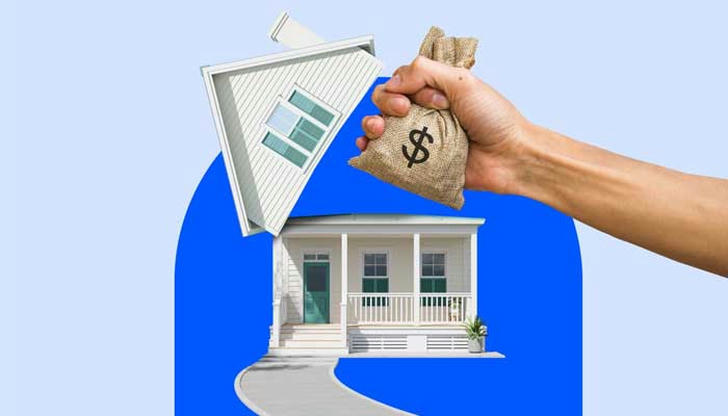
Buying a home for the first time can be both thrilling and overwhelming. One of the most important choices you’ll make is picking the type of mortgage. A popular option that many first-time buyers consider is the variable rate home loan. But before jumping in, it’s essential to understand how it works, its advantages, and potential risks.
What Is a Variable Rate Home Loan?
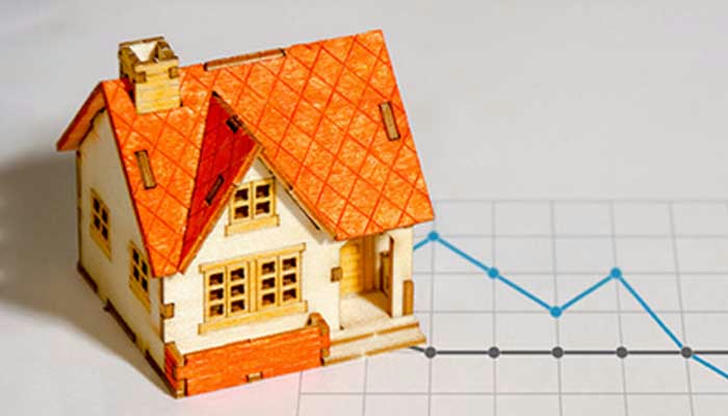
A variable-rate home loan is a type of mortgage where the interest rate can change over time. Unlike fixed-rate mortgages, where the interest rate stays constant throughout the loan term, a variable rate fluctuates based on the lender’s reference rate or the central bank’s benchmark rate.
These fluctuations mean your monthly repayments can increase or decrease depending on economic trends. Variable-rate loans are popular because they often start with lower interest rates than fixed-rate mortgages.
Pros of Variable Rate Home Loans

Understanding the benefits can help you decide if a variable-rate home loan is right for you.
a. Potential for Lower Initial Costs
Variable-rate loans usually come with lower starting interest rates. This lower rate can make your initial mortgage payments more affordable and help you save on interest during the early years of the loan.
b. Flexibility with Extra Repayments
Many variable-rate home loans offer more flexible repayment options. You can make extra payments without incurring penalties. This feature helps you pay off your loan faster and reduce the overall interest paid.
c. Decrease in Rates Means Savings
If market rates drop, your interest rate will decrease, which lowers your monthly payments. This benefit can lead to substantial savings over the life of the loan.
Cons to Watch Out For
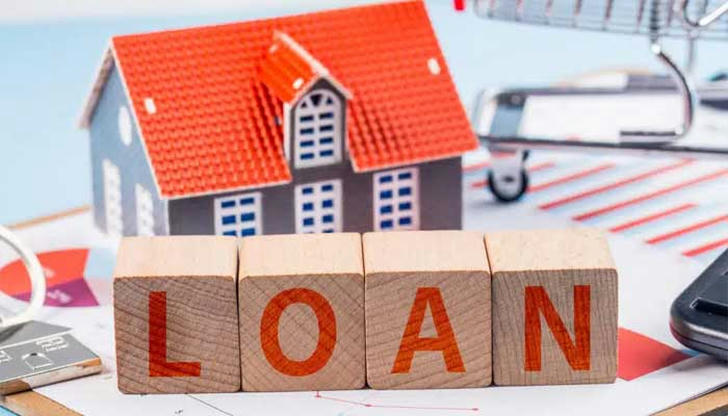
While there are benefits, variable-rate home loans also come with risks.
a. Rate Increases Can Be Costly
The biggest downside is that interest rates can rise. When this happens, your monthly payments go up. For some homeowners, this unpredictability can strain their budget, especially if rates increase significantly over a short period.
b. Financial Uncertainty
Budgeting becomes more challenging when your monthly repayments are unpredictable. It’s essential to have financial flexibility and an emergency fund to manage potential payment hikes.
c. Economic Dependence
Variable rates are linked to broader economic conditions. Factors like inflation, central bank policies, and global economic trends can all influence rate changes. If the economy faces uncertainty, your loan rate may reflect that volatility.
Who Should Consider a Variable Rate Home Loan?
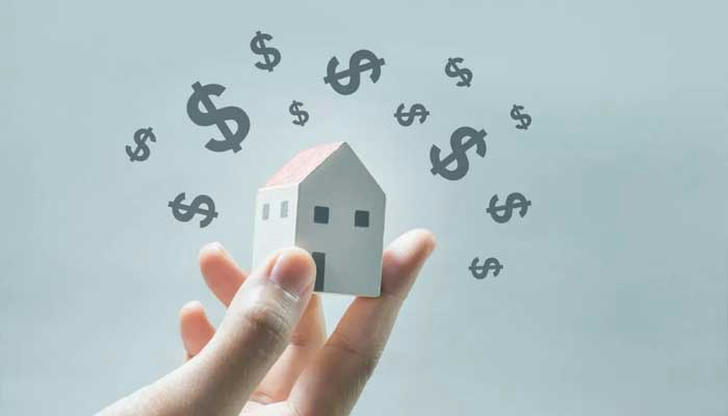
A variable rate home loan might be suitable for you if:
• You expect interest rates to stay low or decrease in the foreseeable future.
• You have financial flexibility and can handle potential rate increases.
• You plan to make extra payments to reduce your loan balance faster.
• You’re considering selling or refinancing within a few years, benefiting from the lower initial rate without committing long-term.
Tips for First-Time Buyers Considering Variable Rates
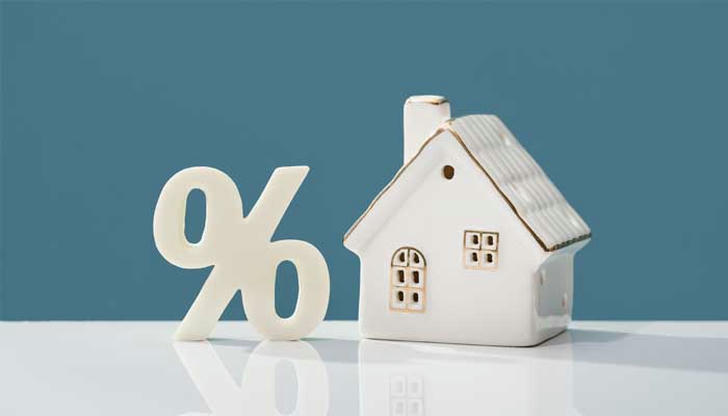
If you’re leaning toward a variable-rate home loan, keep these tips in mind:
• Build a Buffer: Have an emergency fund equivalent to at least 3-6 months of mortgage payments. This safety net will help cover unexpected rate hikes.
• Understand the Terms: Make sure you fully grasp the loan terms, including how often the rate changes and what triggers those changes.
• Compare Lenders: Different lenders may offer varying variable rate structures. Shop around to find the most favorable terms.
• Assess Your Risk Tolerance: Be honest with yourself about how comfortable you are with the possibility of rate fluctuations. If uncertainty stresses you out, a fixed-rate loan might be a safer bet.
Final Thoughts
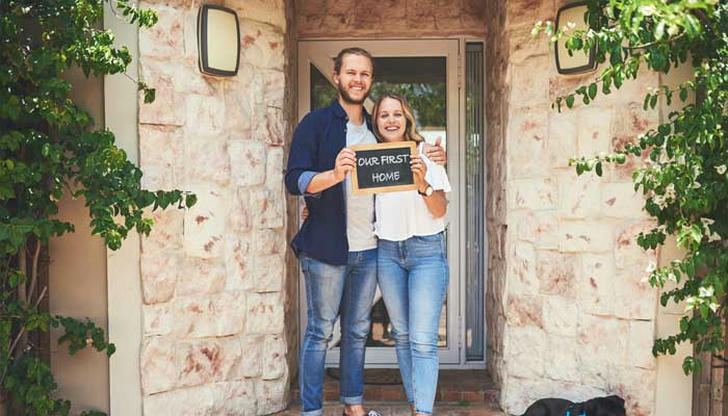
Variable-rate home loans come with their share of pros and cons. They can be a great choice for first-time buyers who want to start with lower initial payments and have financial flexibility. However, it’s crucial to understand the potential for rate changes and be prepared for them.
By assessing your financial situation and risk tolerance, you can make an informed decision that aligns with your long-term goals. And remember, the best mortgage choice is the one that gives you peace of mind while fitting within your budget.
